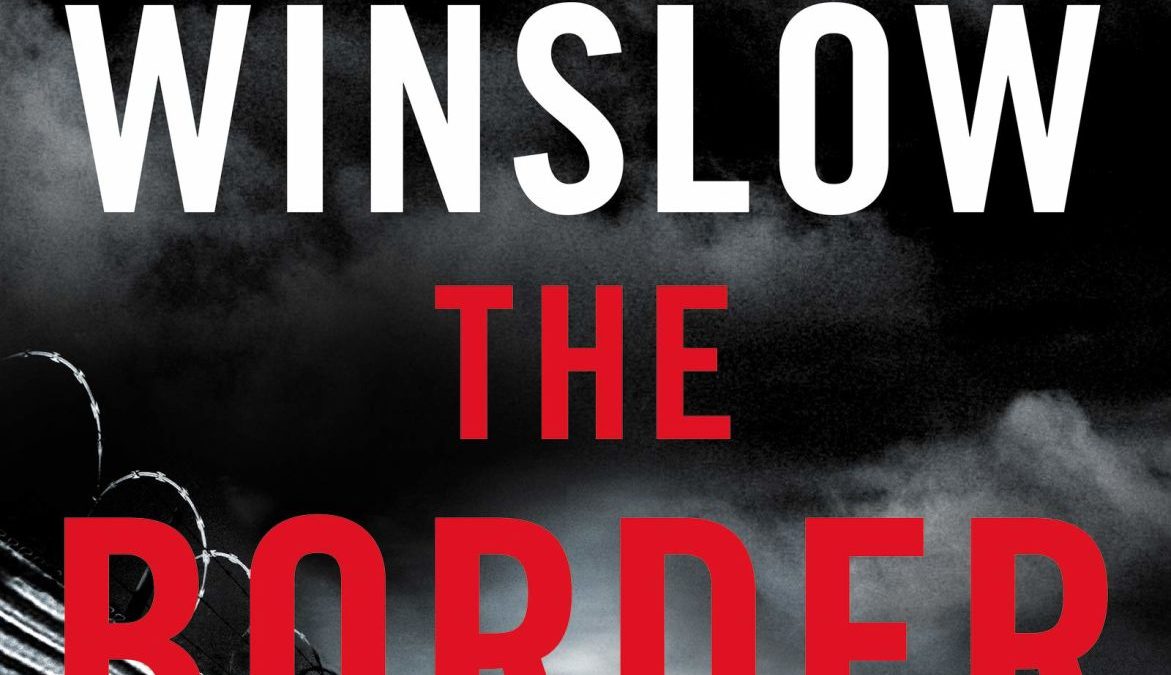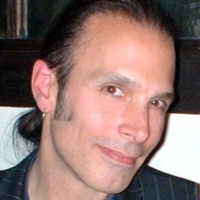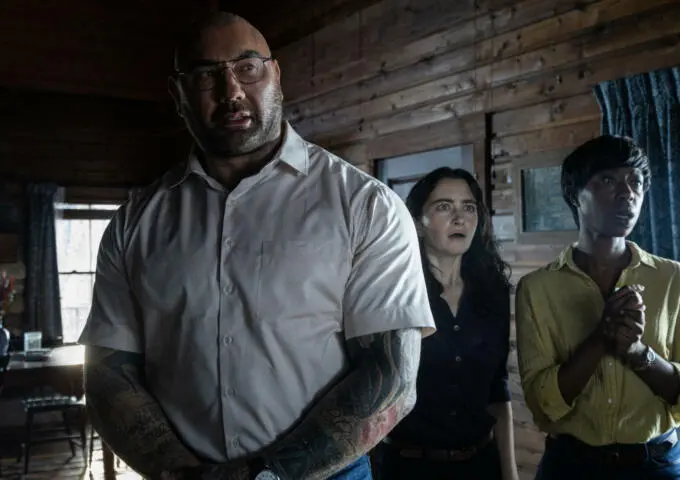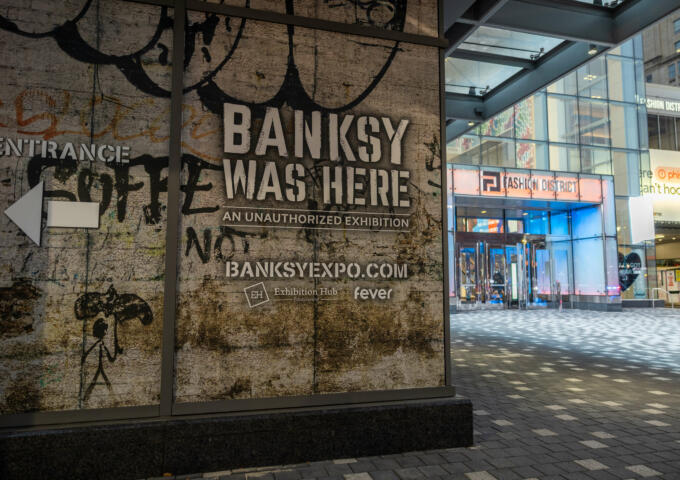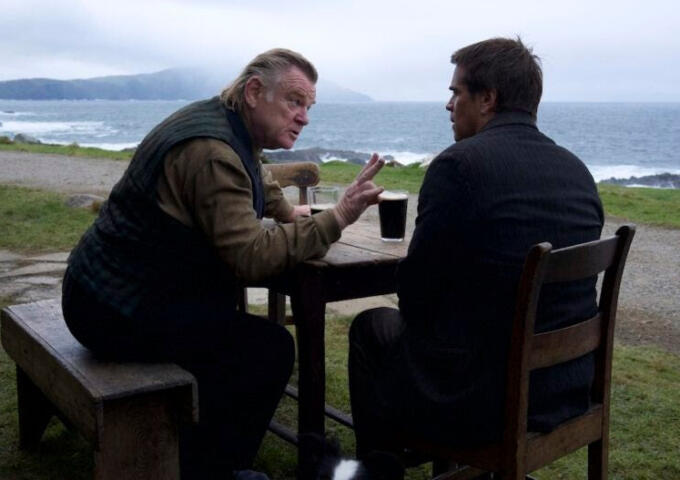Listen to author Don Winslow, and you’ll find he sounds as hard-boiled and cunningly complex as the characters in the crime novels he’s written.
He’s authored dense, dramatic novels such as The Force, The Cartel and The Power of the Dog. The latter two books find him treading in the deep and problematic waters of the drug trade between Mexico and the United States with characters so realistic and true-to-life, you can smell the mix of stale cologne and cocaine on their skin.
Winslow’s latest novel, The Border, finds him concluding a trilogy with its action shifting its location to the United States. Outside of the author realm, he’s had an interesting February after he challenged President Donald Trump to a debate over the wall Trump earnestly wants to build along the southern border.
Ahead of a recent stop in Philadelphia promoting The Border at the Free Library’s main branch, Winslow caught up with PW to chat about all of the above.
So, El Chapo Guzman is seeking a new trial due to what he claims is jury misconduct. I mention him because much of the chaos within your trilogy is due to who he is and what he’s done. What say you?
I’m not a lawyer and I’m not a judge. But, the judge’s instructions to the jury were pretty clear and standard about not looking at outside media. If they did, It’s a violation of the judge’s orders, and – as much as it pains me to say it – Guzman would merit a new trial.
You’ve written about the hardest edges of the drug trade as a novelist and as a journalist. One portrait that you painted in The Border, however, was almost innocent and sweet-seeming: this flashback with kingpin Adán Barrera, earlier in his life, staring sweetly at his marijuana fields. How much of that scene was about looking at a simpler, gentler time – especially when you consider marijuana and its legalization make it almost quaint?
I never considered it from that angle. It is quaint. You go back to a certain era when marijuana was the major crop from Mexico in terms of drugs. I wrote about that extensively in The Kings of Cool and its start among the surfers of Laguna Beach. I could take you to the exact spot where those first conversations and deals happened. So, you might be onto something, but, if it is, it was subconscious. On a conscious level, what I was trying to do with that scene was [portray] how the fictional Sinaloa cartel moved into heroin, and why.
That goes back to Power of the Dog to where we meet the central character of the trilogy, DEA agent Art Keller.
Yes, when he’s burning down the opium fields – poisoning them – and first meets Barrera. The cartels didn’t go back into opium, i.e. heroin, in any meaningful way, until the early 2000s. I was trying to illustrate that, but, now that I think of it, you might be right. After I wrote Dog, I thought I had written the worst of the worst. Many of the observers of that scene thought the same thing. We were all so wrong. This new era of hyper-violence came about in a way that none of us could’ve imagined in our worst nightmares.
How do you outrun the manic currency of what is going on with the drug trade?
I used to say about the Mexican cartels that writing realistic fiction was a problem. The reality was so surreal, the reader might not believe it. There were scenes that I knew had happened that I did not write because I did not think the reader would believe them, or [be able to] handle them…they were so incredibly and surrealistically violent. Without drawing a direct analogy, there is a similarity with the Trump era. As journalists know better than novelists, you’re always reporting on things that, if they were in a novel, you might not believe, that an editor would toss out. I went through that very thing with all these books, by the way. I’d get editorial notes telling me, ‘That’s over the top.” When I was writing The Cartel, the headlines were outpacing me. You felt as if you were writing satire, even when it was real.
What did you know The Border had to have, beyond all else?
I knew that I had to come home to the U.S., for the bulk of it, and I knew that Keller had to have some sort of self-realization.
Speaking of the Mexican border, Trump and absurdities, you challenged him to a debate about the wall and the so-called immigration problem this week, only to have Stephen King claim that he’ll sweeten the deal with a financial incentive. As you were saying this, what ran through your head?
You’d kill to see it, and Stephen would throw in $10k. I don’t know that I would go into my head without a flashlight and a gun, I don’t know what goes on moment-to-moment, but Trump puts out so much falsehood about this situation. He tells a story about the border that is not true, not accurate. I live on the border and have for some 20-odd years. I think that it’s good that somebody is calling him [out] on that. if he’s going to spew, let me come in and present the facts. Let’s see how he deals with the facts. I think that it’s a campaign promise that he got stuck on, won, and now he has to ride it out. But he knows the facts – or he should know the facts – since they come from his own government’s agencies. Now that he’s stuck on a false narrative that he can’t back away from, [and] he needs to be called on that.
TWITTER: @ADAMOROSI
